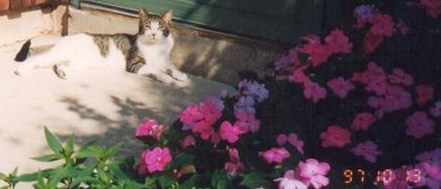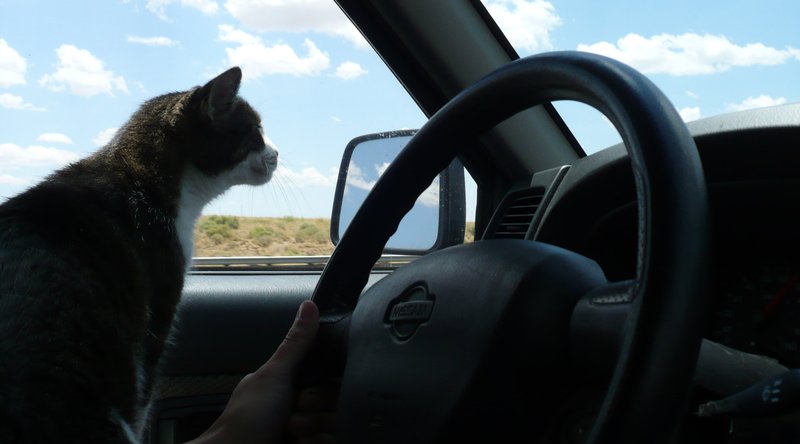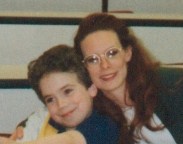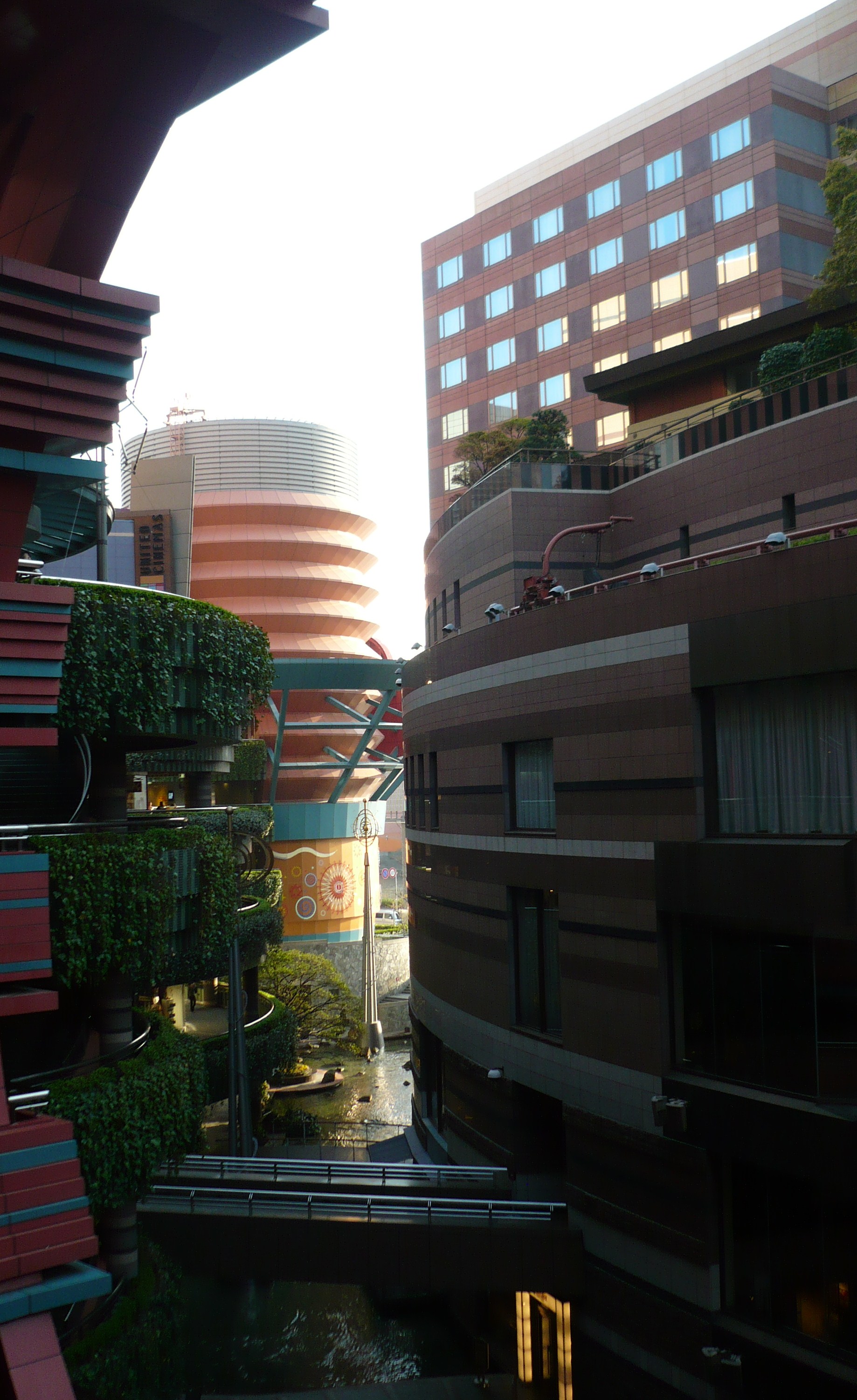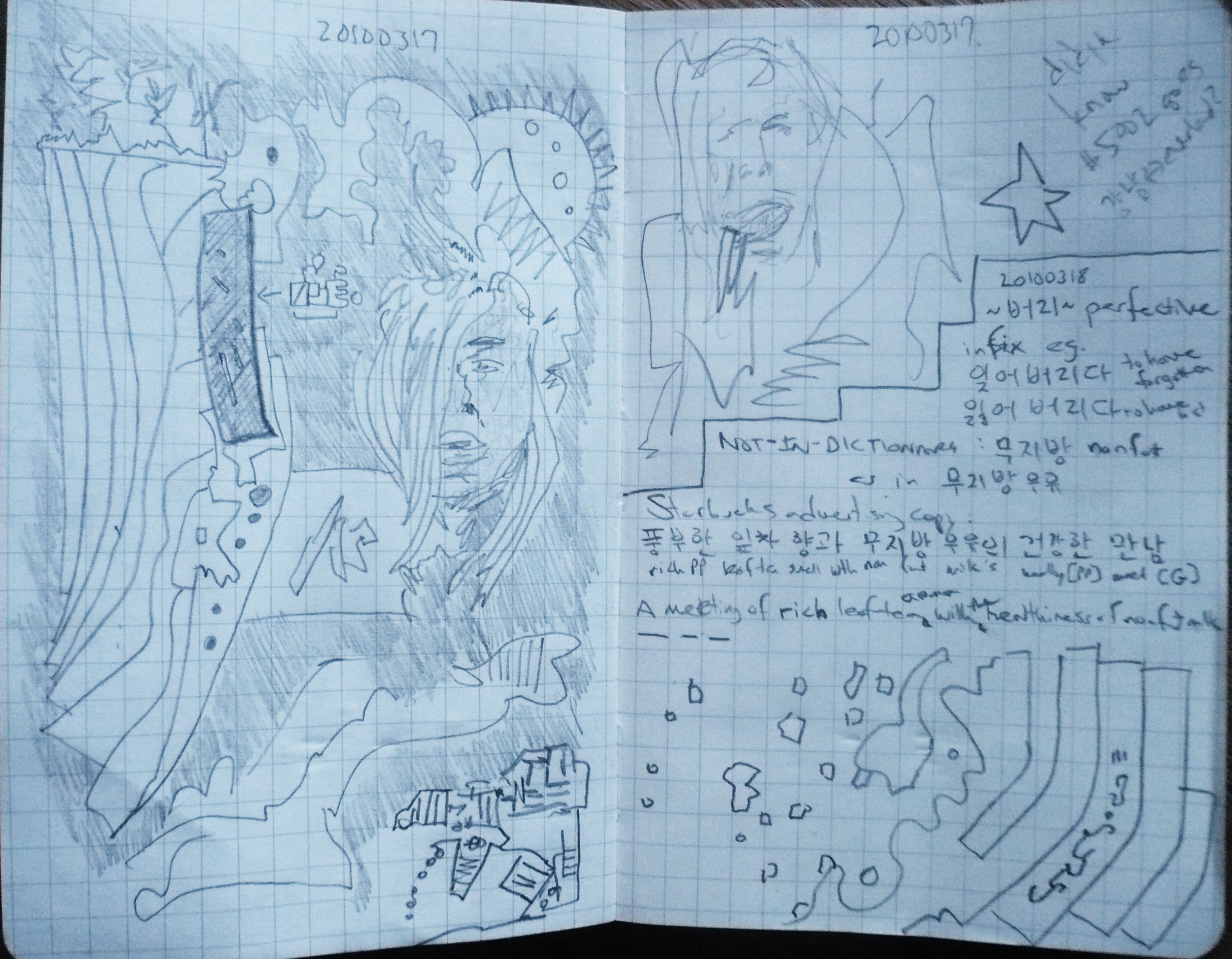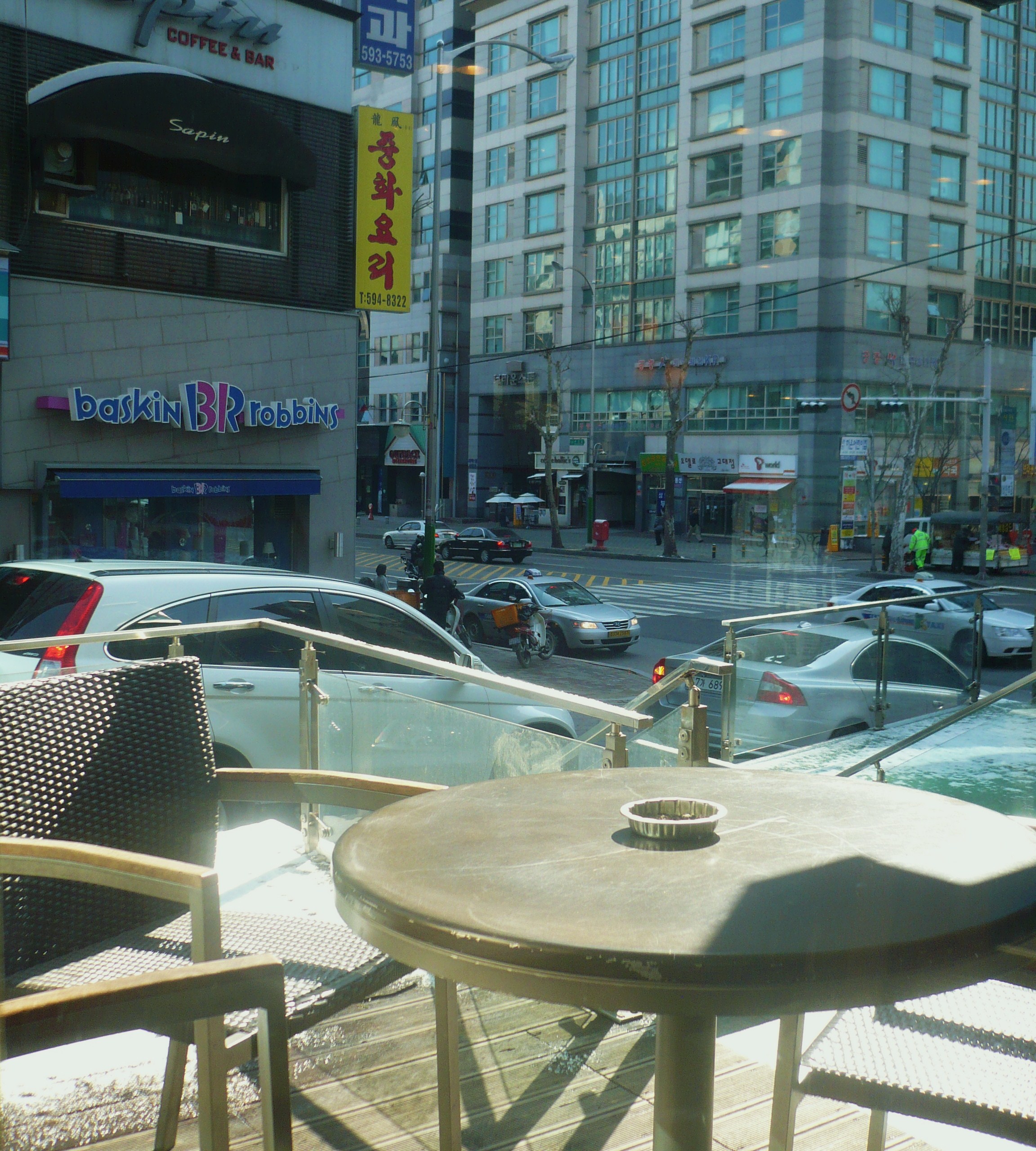It was a very up-and-down day. Or down-and-up day. Or something like that. Great mood! Terrible mood. Great mood! Terrible mood! Great mood. Like that.
First, I was in a good mood. I had really good classes with the preschoolers. I could tell they liked me. I could tell the Korean teachers over there like me. I thought we had fun with the kids, too. We did monkeys jumping on the bed. We read a story about drawing rainbows, and then we drew rainbows. We talked about colors.
Then I was in a bad mood. We were testing the kids, today, for the 4th graders. It was kind of a last-minute thing. Maybe not for everyone, but for me, since I'd only heard about it yesterday. Communication (and lack thereof) works that way, in Korean workplaces. And my coteacher for the 4th graders changed how she wanted me to do the "speaking part" of the test at literally the very last minute. So I felt like I was testing the kids without much of a footing. But I tried my best. I kind of know where these kids stand, ability-wise, at this point, anyway. So, as usual, some of that subjectivity came into play.
Then I was in a good mood. Lunch was tasty, and at least a dozen kids said, "teacher teacher!" and I said, "what?" and they said, "hi!"
And then I was in a terrible mood. Haewon said that lesson plans for the month of July for the afterschool program were due today. I doubted this (and, retrospectively, I was right – no one said a thing about lesson plans today – they WOULD normally have been due today, but today was staff volleyball day, and volleyball trumps minor administrative things like monthly lesson plans). I had been planning to work on my lesson plans and finish them tomorrow, since I have an easy schedule on Thursdays. But grumblingly, I set to work on my plans in my one free period of the day, after lunch. And I finished them up, roughly. And printed them out.
And then it was staff volleyball day, and Beopseongpo Elementary came to Hongnong for inter-school staff competition.
And I was in a good mood, because I saw my colleague Donna, who works there at Beopseongpo and who I had gotten to know during training back in April. Donna's cool. Very clear headed. Kind.
And then Mr Kim (the PE teacher, and exactly like PE teachers anywhere, in any culture – he requires no further description) asked me to join the team, during game number three among the men staff. I was thinking that because it was inter-school play, the game was too important for such a bad volleyball player as myself to be included. But I took it as a friendly gesture that he was inviting me to join. But too much was on the line: it was one game to each school, and Hongnong was losing. So after about a third of the game, he was making disgusted facial expressions and he switched me out. I mean… I understand, from a "gotta win" perspective – I don't belong on the volleyball court. I know this. But it feels just as humiliating now as it did in highschool PE in 1981. I'm better at "solitary" sports: running, hiking, etc. I'm terribly uncoordinated.
And I was in a terrible mood. I was walking to catch a bus home to Yeonggwang, feeling dejected and grumpy.
And then one of the preschool teachers, with three hyperactive preschoolers bouncing good-naturedly in the back of her car, pulls to a stop beside me on the streets of Hongnong and asks me where I'm going. In Korean. And I answer. And she offers me a ride. She's going that way – one of these kids isn't hers, and she's got to deliver him to his mom. So I get in and I ride with this frazzled mom/teacher and three very happy, excited (because the English foreigner teacher is riding in their car!), loud children down the expressway to Yeonggwang.
I'm in a great mood. The mom is talking to me in a sort of gentle Korean monologue of which I understand more than I expect but less than I need, punctuated with entirely comprehensible, repeated reminders to the kids to sit still, stop kicking the seat, don't throw things please, etc., etc. The life of moms and preschool teachers, anywhere.
And she drops the kid with the kid's mom at the main intersection in Yeonggwang, where's she waiting with her car. And she drops me off at the traffic circle, a block south closer to my apartment, and goes zooming off, reminding the kids to stop bouncing in the back, but smiling kindly.
And I realize I've left my cellphone on the seat of her car. Which is bad enough. But if it was just that, I'd have lived without a cellphone until I could chase her down tomorrow at work. But my apartment key is dangling on a bauble attached to my cellphone. I can't get into my apartment. And I can't call anyone to say that I can't get into my apartment.
So I'm in a terrible mood. Trying to think of what I should do. Stay in a motel for the night? At least I have my wallet. Find a pay phone… and call someone who can call someone else to find out this woman's number so I can call her and get my cellphone and apartment key? What to do, what to do?
And then I recognize the other mom, driving by. The one we just left the little boy with, at the other intersection. I flag her down. And in my halting Korean, I explain I've left my phone in the other woman's car. She grins, and scoops up her own cellphone and speed-dials her friend, the woman I'd just had a ride with. Explains that I'd forgotten my cellphone, and tells me she'll zoom back to the traffic circle shortly.
Did I mention it was raining?
I wait in the rain for 4 minutes, and the white Hyundai zooms back up with the frazzled, friendly mom-slash-coworker, and she rolls down the window and the little boy in the back hands me my cell phone. "아주 고마워요," I bow gratefully.
I'm in a great mood, as I walk back home to the distant rumbling of thunder.

